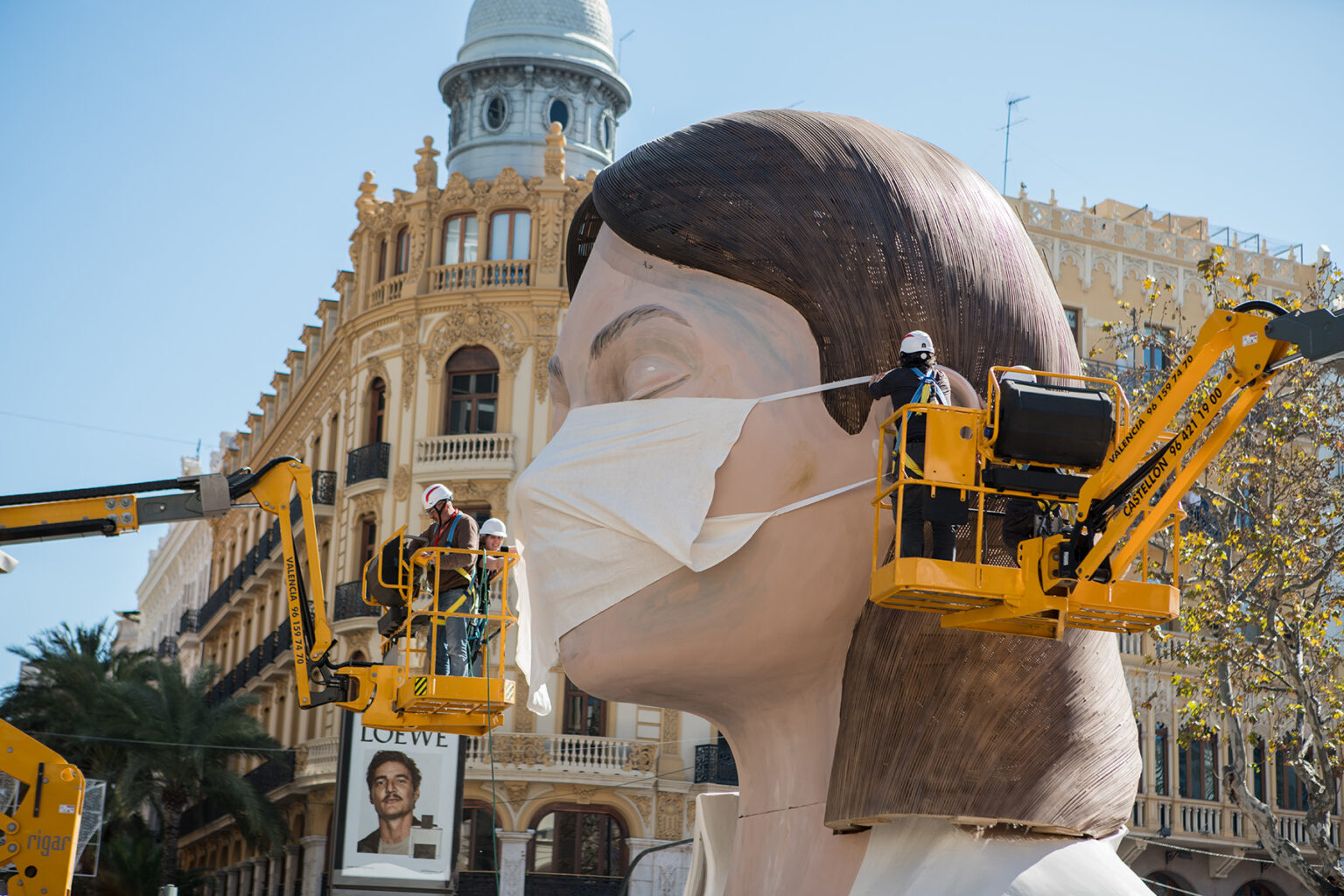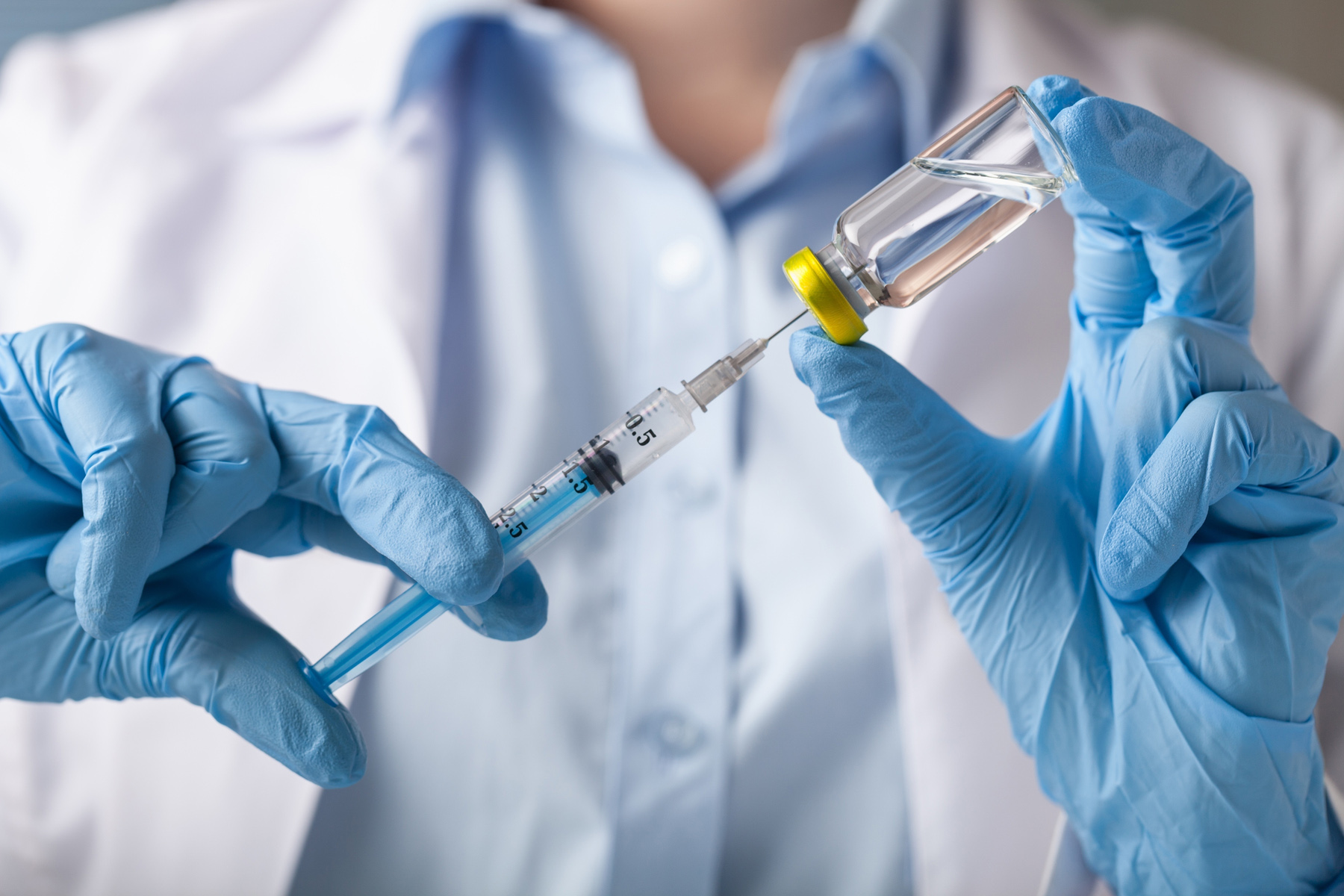Spain suffered greatly and had some of Europe’s strictest lockdown measures at the start of the pandemic during the spring of 2020. However, two years later and the country now has one of the highest COVID-19 vaccination rates on the planet.
As a foreigner, it can be challenging to find the right COVID-19 information and resources. To help you out, this article looks at Spanish restrictions, travel regulations, testing, and more. It also includes information on accessing COVID-19 vaccines in Spain. This article looks at:
- Coronavirus in Spain
- COVID-19 apps in Spain
- Testing for coronavirus in Spain
- COVID-19 vaccinations in Spain
- International travel during coronavirus in Spain
- Long COVID support in Spain
- COVID-19 support for businesses, self-employed, and freelancers in Spain
- Education and COVID-19 in Spain
- COVID-19 support for vulnerable people in Spain
Cigna Global
Want access to the best private medical services in Spain? Speak to the healthcare professionals at Cigna Global today and find a policy that’s right for you. Take advantage of their global network of doctors, specialists, therapists and more with coverage tailor-made for you and your family. If you’re starting a new life in Spain, get peace of mind with Cigna Global.
Coronavirus in Spain
The first confirmed case of coronavirus in Spain was in January 2020. The country’s first recorded coronavirus death followed in early March 2020, in Valencia. Over the following weeks and months, Spain quickly became one of the European epicenters of the coronavirus pandemic, with one of the worst infection rates in Europe.
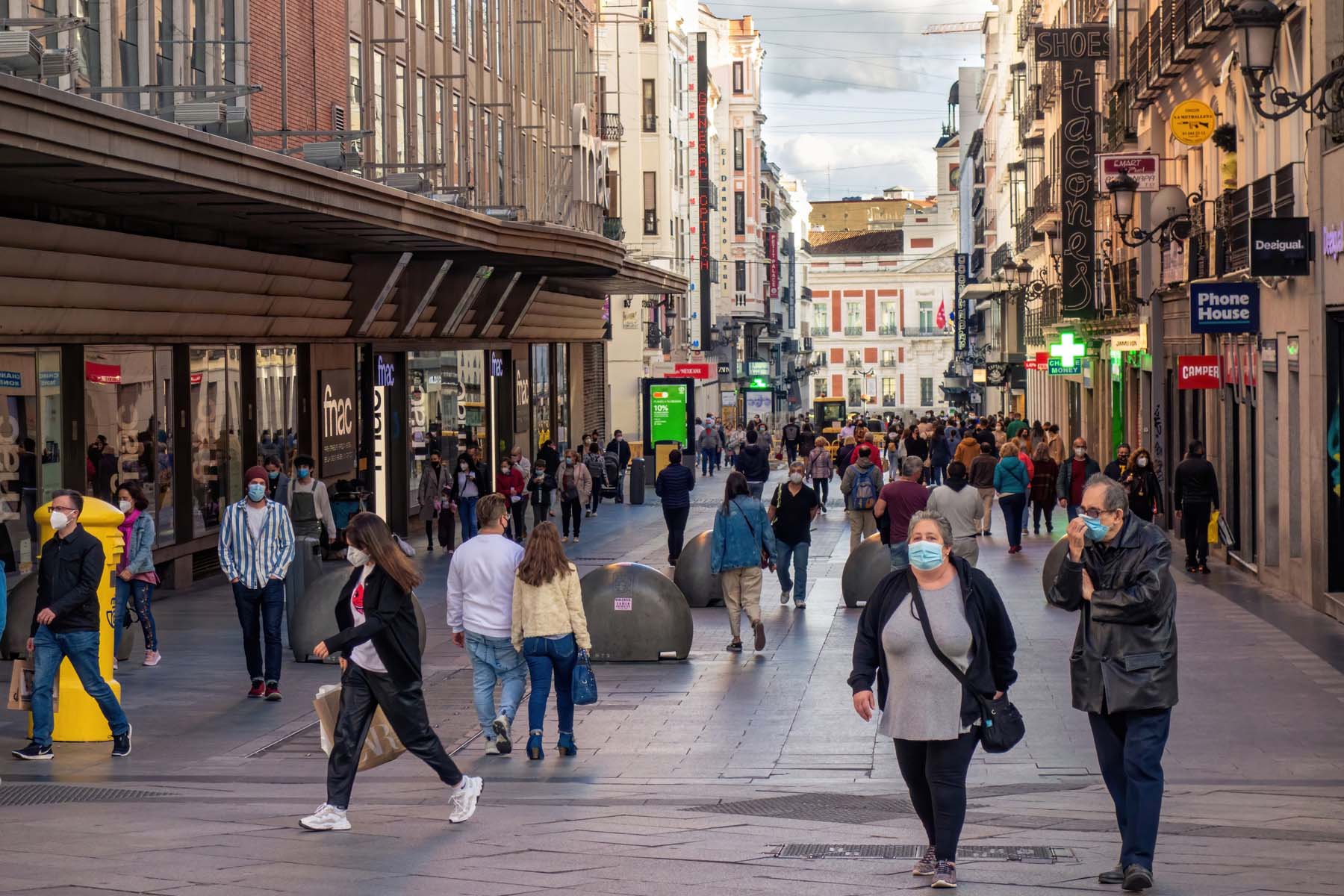
After months of high numbers of deaths and a strict lockdown, Spain reopened its borders in summer 2020. It then re-entered a state of emergency that lasted from November 2020 to May 2021. The situation eased up over the summer before a spike at the end of 2021, with a record number of infections. However, thankfully the death rate saw a reduction following the rollout of the vaccine in spring 2021.
Daily statistics, in English, are available from European Centre for Disease Prevention and Control. If your Spanish is up to it, you can see daily stats by region on the Spanish Ministry of Health website.
COVID-19 rules and measures in Spain
During the most severe lockdown in spring 2020, residents were not allowed out of their homes unless for a specific reason, such as buying groceries at the nearest Spanish supermarket. Thankfully, as of March 2022, the coronavirus in Spain seems to be in retreat.
However, be aware that any current restrictions are subject to sudden change. This could happen if another new variant pops up, for example, or if the number of daily infections or hospital admissions significantly spike again. So it’s a good idea to stay up to date via the Health Ministry, your country’s consulate in Spain, or Spanish media outlets.
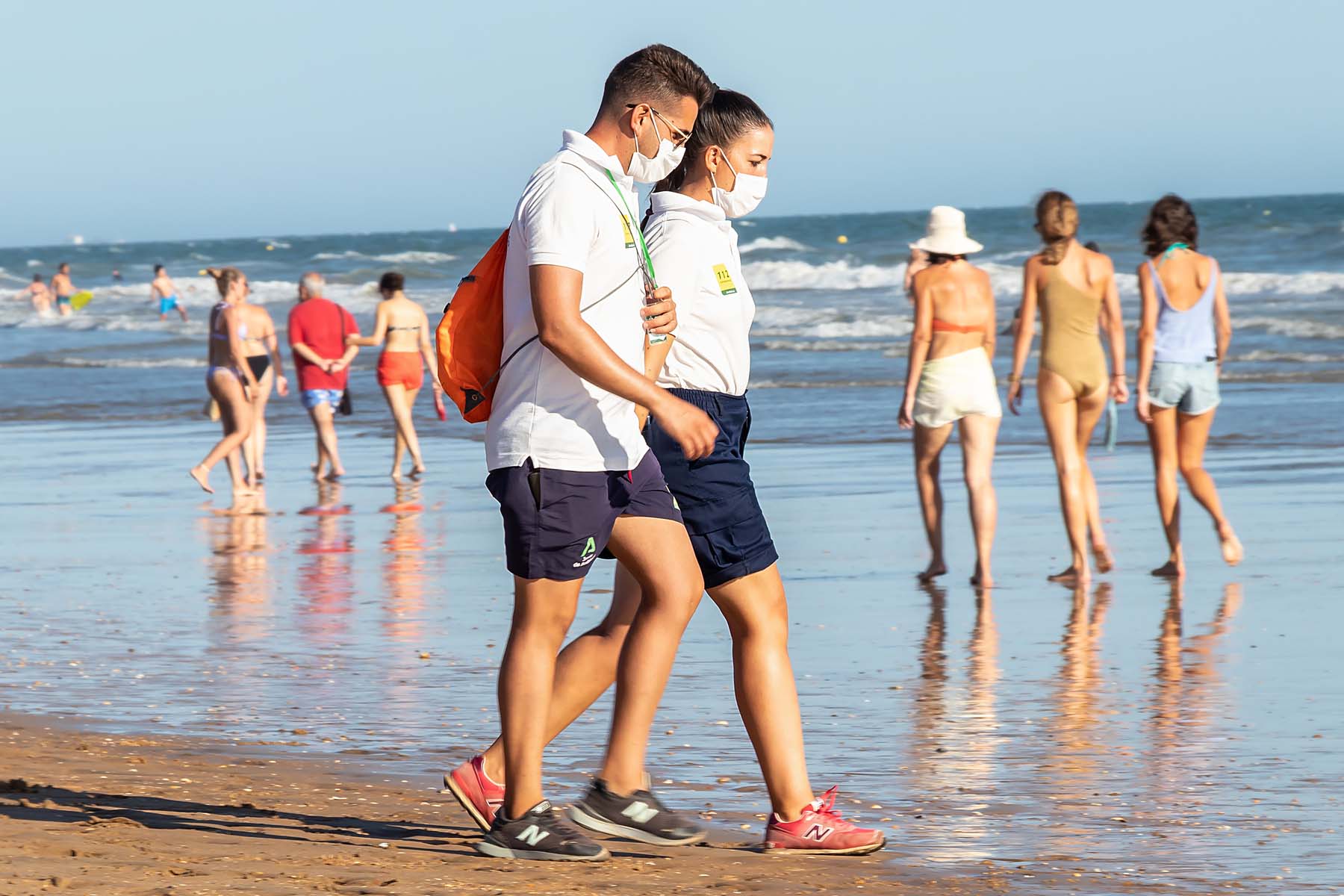
The Madrid Tourist Board also does an excellent job of keeping visitors up to date on the latest restrictions (in English) regarding coronavirus in the Spanish capital. It includes detailed information on:
- Mask policy
- Restrictions on mixing in public spaces
- Public transport
- Travel to and from Spain
- Regulations regarding nightclubs, bars, and festivals.
Refer back to the Ministry of Health’s website for guidance on what to do if you think you have coronavirus, directions on self-isolating, and so on. It includes infographics and videos.
COVID-19 apps in Spain
Yes, there’s an app for everything these days and Spain is no exception. RadarCovid is the number one app for info on the coronavirus in Spain. It’s a contact tracing app that uses Bluetooth technology.
You no longer need a vaccine passport to enter a bar or restaurant in almost all regions of Spain. But it’s still mandatory to wear a mask in enclosed public areas and on public transport.
Testing for coronavirus in Spain
Spain uses (and accepts from travelers) the following NAAT tests: RT-PCR, RT-LAMP, and TMA. It also accepts RAT (rapid antigen tests). State-run testing sites (see below) are free and relatively easy to access. But you won’t be able to choose which type of test you have unless you go to a private clinic. Home tests are cheaper than private clinics. We break it down further below.
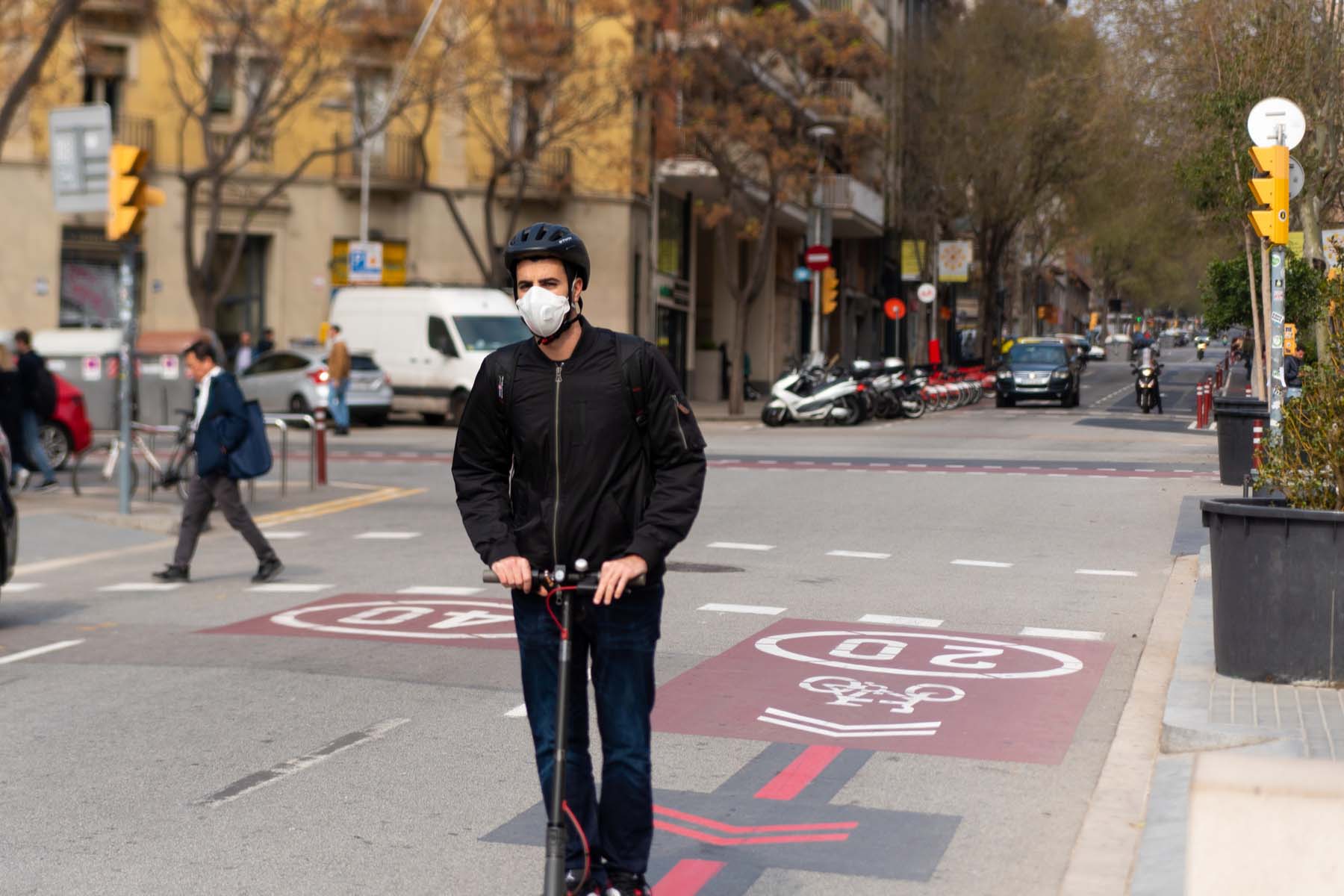
The US Embassy in Spain has compiled a list of public and private COVID-19 testing sites in Spain here. The list contains a mixture of hospitals and labs. Your local authority website should also have a list online, normally in Spanish.
If you have Spanish Social Security or a European Health Insurance Card, you may be able to qualify for a free test in the public health system. However, you must have been in close contact with an infected person, or have one or more of the following COVID-19 symptoms as defined by the Spanish Health Ministry:
- Fever
- Cough
- Breathing difficulties
Using the public system route, you won’t be able to choose what type of test you have. You also can’t get a test in the Spanish public health system if you want it for travel or social purposes, such as checking you’re free of the virus before meeting an elderly relative or attending an event. If that’s your aim, your best bet is a private lab.
Private lab
You won’t need a Spanish Social Security number or European Health Insurance Card to get tested for coronavirus in Spain if you go to a private lab. Another big advantage for expats is the availability of tests in your own language if that is important to you. You can also choose whether you have any antigen, antibody, or PCR test.
Antigen tests are cheaper (around €40) while PCR tests cost around €100. Check with your health insurer if you have private insurance to see if you can get a refund on the test.
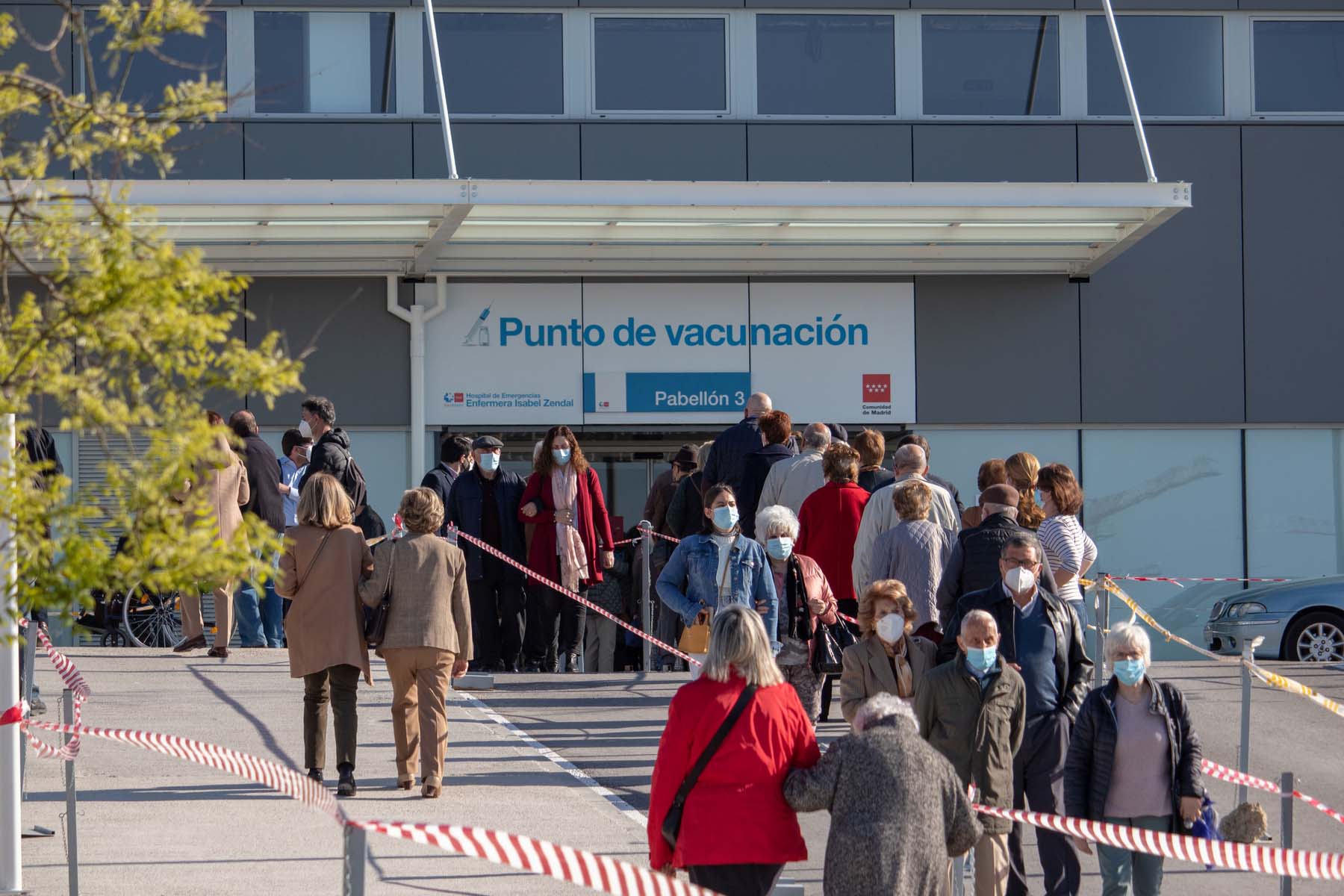
Online portals such as SaludOnNet can help you to find providers of PCR tests, antibody tests, and more.
Home test
Rapid antigen tests are available at pharmacies in Spain. These self-tests are easy to take at home and cost less than lab tests – from as little as €2.90.
If you test positive for coronavirus in Spain
- If you test positive for COVID-19 in Spain, consult the Ministry of Health website for the latest rules on self-isolation, other protocols, and health advice.
- Should you feel you need medical help, such as if you’re struggling to breathe and your lips are turning blue, then call an ambulance on 112. The operators can often speak English as well as Spanish.
COVID-19 antibody tests in Spain
Antibody tests are readily available and easy to access in Spain. Antibody tests have been stocked at pharmacies across the nation since late 2020. At just €22–25, they are cheaper than a lab test. Results usually appear within 10 minutes.
Post-vaccination antibody tests are available at various clinics in Spain. This is a type of blood test. There are a couple of types to choose from, or you can try both:
- IgM – Your body produces IgM antibodies at first sign of infection, as its natural response. These antibodies normally then decline after you fight off the infection, so the IgM option is best for detecting a very recent or current COVID-19 infection.
- IgG – These type of antibodies remain in your body for a longer period. So this type of antibody test can indicate if your body is showing a long-term immune response to COVID-19.
Typically, they cost around 145€ for a combined IgG and IgM test, 95€ for an IgG test, or 95€ for an IgM test. Results take a couple of days to come through.
COVID-19 vaccinations in Spain
With more than 82% of the population fully vaccinated by early 2022, Spain has a high vaccination rate. The rollout is already extended to children aged five to 11. If you have Spanish residency, you can obtain a COVID-19 vaccination for free.
Spain is negotiating seven different vaccines, which are in different stages of development. They include the most well-known ones – Pfizer-BioNTech, AstraZeneca, Moderna, and Johnson&Johnson, as well as Novavax, Sanofi-Pasteur, and Valneva. It’s not possible to choose which one you get.
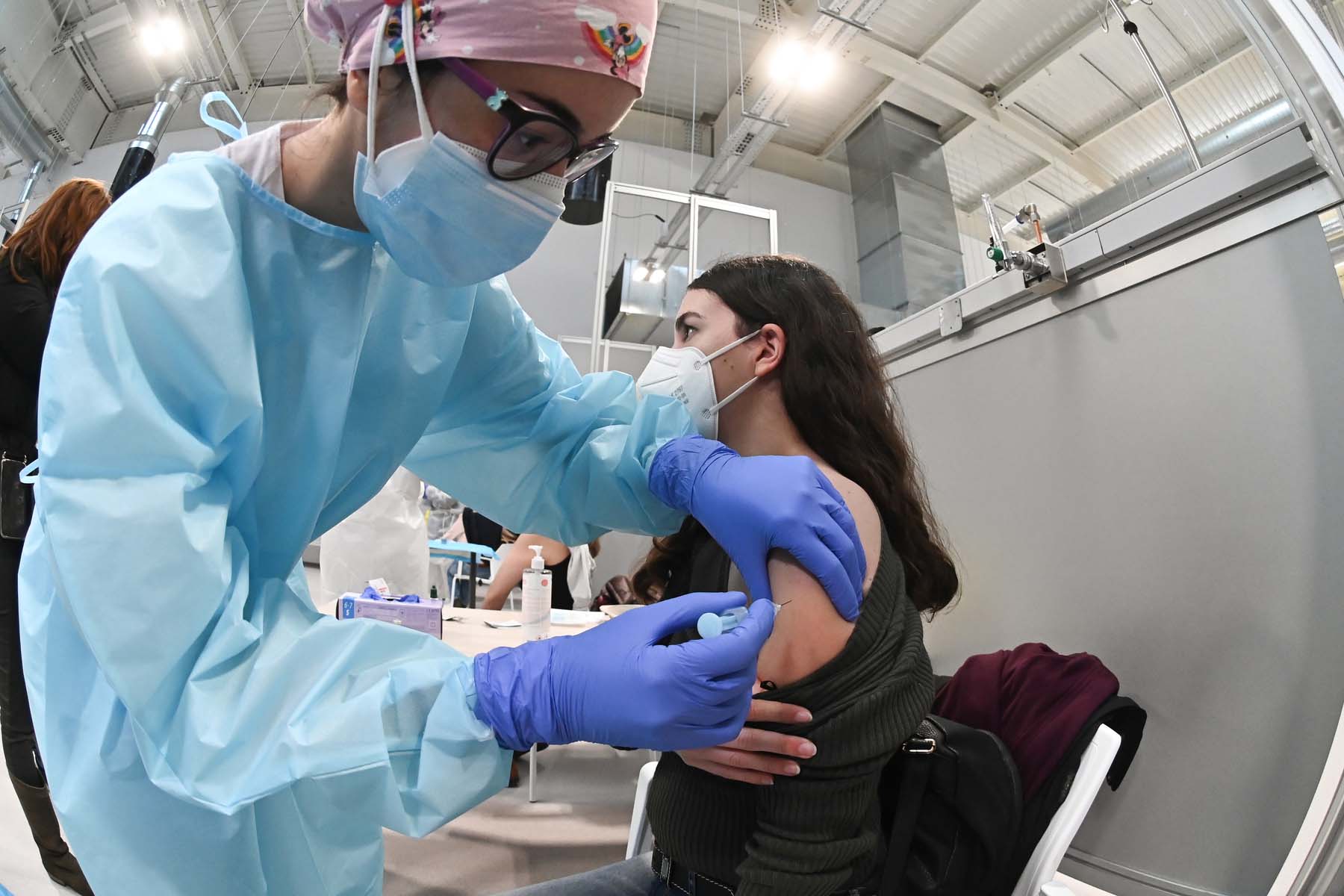
The official government vaccination website has a comprehensive FAQ section for more information. To book your vaccination, you have two options:
In person
You can go to your local health center in person and ask for an appointment. They’ll either do it immediately or schedule you in as soon as possible if it’s your first dose. You should already have a date and time if it’s your second shot. But if you don’t, or if you moved to Spain during the pandemic and need the second shot, the health center will help you. You can also book a booster shot if it’s more than five months since your previous shot.
Online
Maybe you prefer booking online. If that’s the case, the health service of each autonomous community has its own website for booking your COVID-19 shot. The websites are in Spanish. You’ll be asked for the number on your health card, name, and maybe date of birth too. Search online for your community’s website.
International travel during coronavirus in Spain
Currently, no countries are banning travelers from Spain. But you need to be fully vaccinated to enter the country. Alternatively, you must have proof of recovery from COVID-19. Spain and the entire European Union are set to agree from March 2022 on a definition of ‘fully vaccinated’. It will likely mean having completed your primary vaccination series less than nine months ago or receiving a booster. However, do your research before you travel.
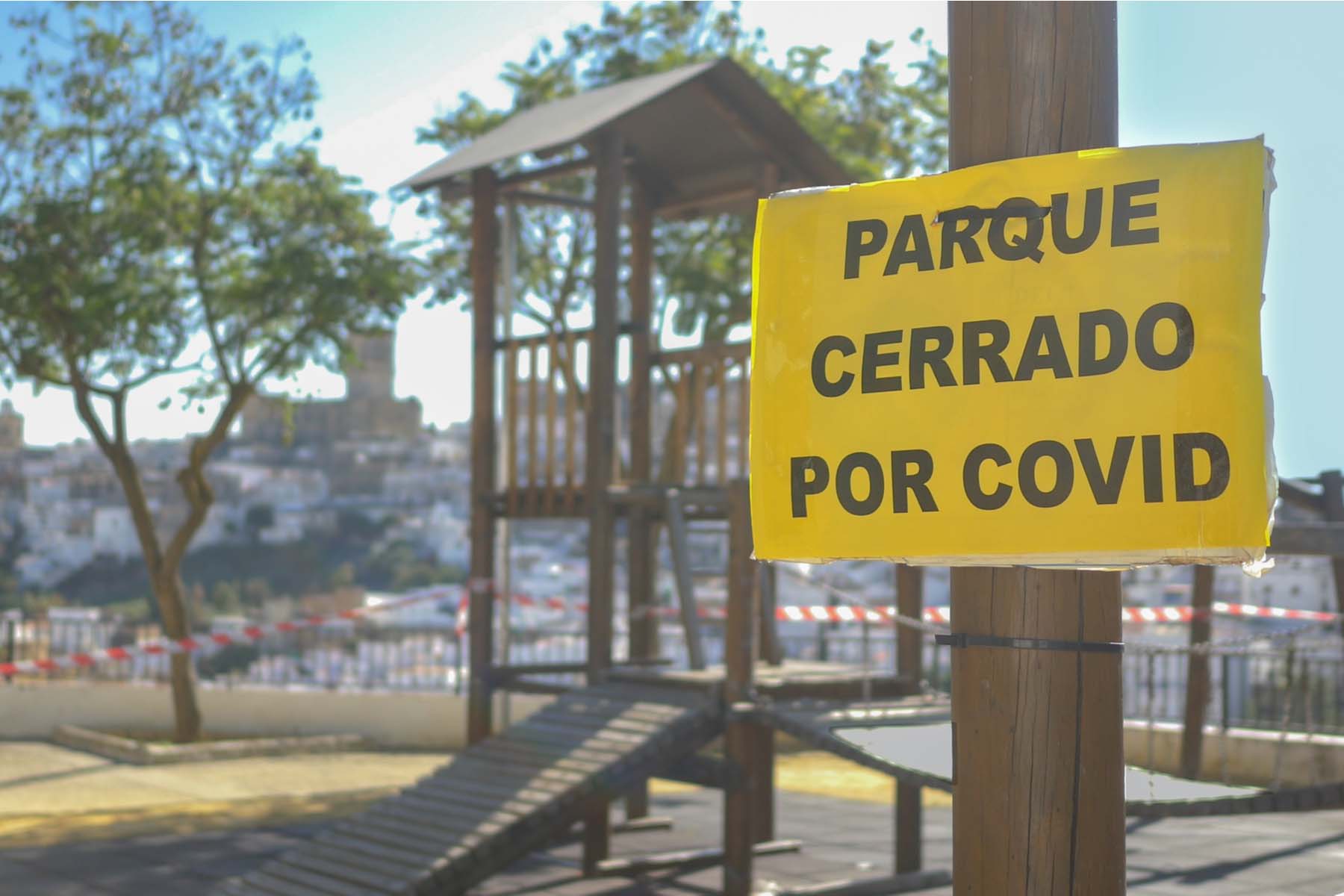
Anyone who recovered from COVID-19 within 180 days – and has an EU Digital COVID Certificate or equivalent – can also enter Spain, providing you have proof of recovery with you and a negative PCR test.
However, remember that Spain’s coronavirus rules are subject to sudden changes. So check the Spanish Ministry of Health travel page for updates.
Some venues, such as restaurants and nightclubs, require the EU Digital COVID Certificate for entry. Rules can vary by region and even by private business. You can request the certificate here.
Long COVID support in Spain
Up to 50% of parents infected with COVID-19 develop Long COVID. That means people with symptoms that persist four or more weeks after the infection. The most common symptom is chronic fatigue, but Long COVID sufferers also report a myriad of problems. They include ongoing shortness of breath, brain fog, joint pain, and vertigo.
It’s thought that between 400,000 and 800,000 COVID-19 survivors in Spain have Long COVID. And a Spanish survey found 79% of 2,000 surveyed people with Long COVID were female, with an average age of 43. The average duration was 185 days – that’s more than six months.
Help for sufferers
Have you developed Long COVID symptoms? Fortunately, the Spanish Society of Family and General Practitioners (SEMG) has developed a guide for Long COVID sufferers. The document was created through cooperation between and consultation with primary care doctors, patients, nurses, psychologists, and community pharmacists.
If you think you have Long COVID, the first thing to do is book an appointment with your family doctor in Spain. Your GP will then decide what the most appropriate course of action is, whether that may be physiotherapy, vestibule therapy, psychological support, or a combination of things.
There is a plan to create a Spanish Long COVID clinic in 2022 after two doctors received a €1.8m grant from the Spanish government.
You can also find support from:
- Survivor Corps – a Facebook community of people with Covid and Long Covid
- Long Covid Support Group – another Facebook community that’s also been offering support and a place to vent since the early days of the pandemic
- Long Covid Support – resources, advice and support website linked to the Facebook group above
COVID-19 support for businesses, self-employed, and freelancers in Spain
Spain’s economy has been hit particularly hard by the pandemic after a 10.8% drop in growth in 2020. It was partly due to the high number of service industry and tourism businesses in Spain. Tourism activity dropped around 75% in 12 months from April 2020. Meanwhile, restaurants, cafes, bars, and entertainment venues suffered due to restrictions. The Organization for Economic Co-operation and Development (OECD) noted that Spain’s relatively low take-up of digital technologies was another vulnerability when the pandemic hit.
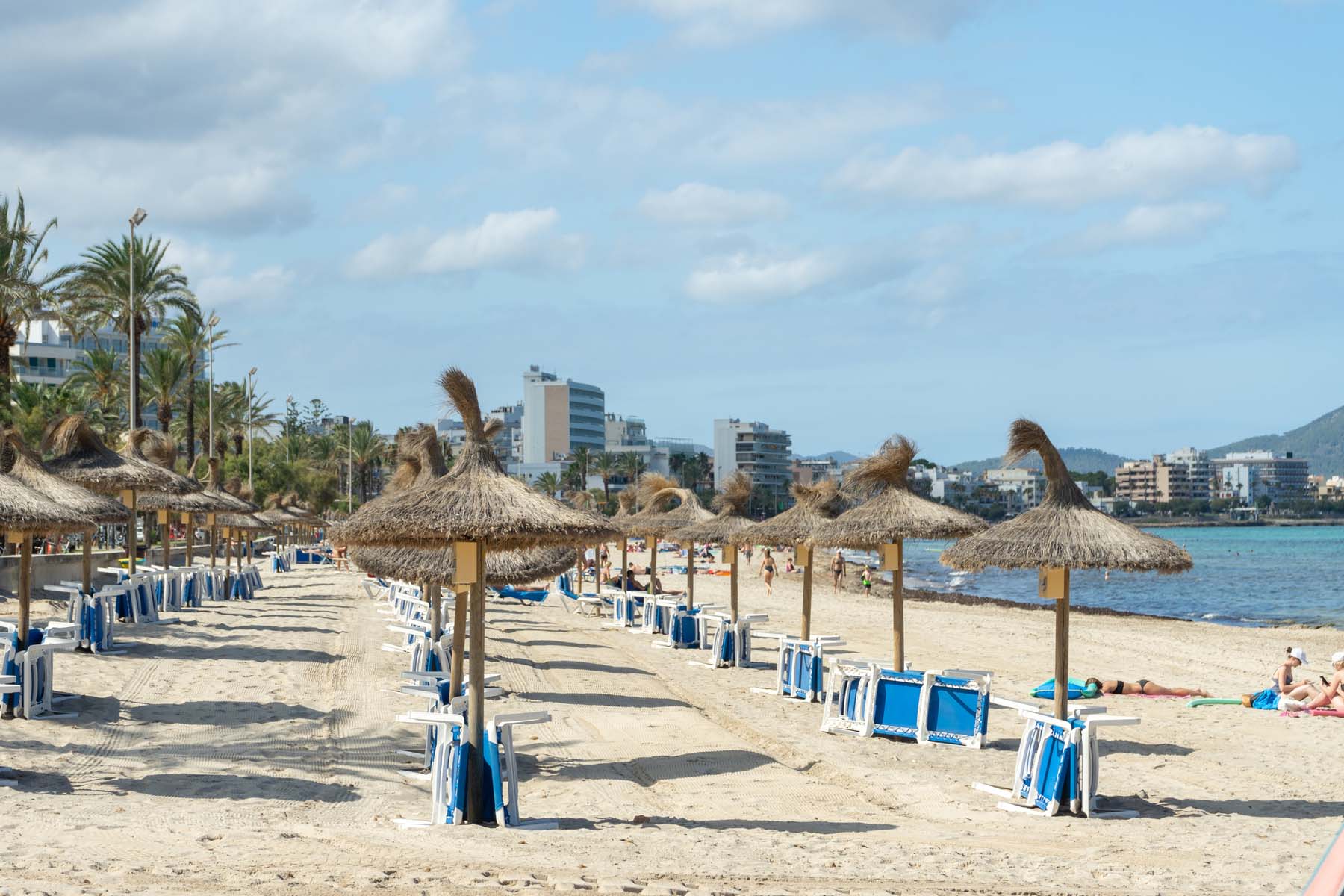
Although the impact was more severe than it was on other countries in the OECD, Spain saw a 5.9% rebound in growth in 2021. This is predicted to increase to 6.3% during 2022. Help so far includes:
- The European Commission handed Spanish regional airline, Air Nostrum, a €9m bailout in 2021
- A €1 billion recapitalization fund has been approved to invest in certain companies affected by the pandemic
- It applies to any non-financial sector companies established in Spain with a total net yearly revenue at least €15m
- Smaller companies and the self-employed may qualify for state aid
- Billions have been set aside to compensate self-employed people and companies under the state aid scheme. It will take the form of public guarantees for repayable new loans
- New European Union recovery funds will focus on green and digital investment
- It will also help support reforms in education, innovation, and competition policies
You can find information on how to start a business in Spain here.
Education and COVID-19 in Spain
Spain saw strict, lengthy lockdowns at the height of the pandemic, during which time students had to put in-person learning on hold. Thankfully, 91% of students in Spain have access to a computer they can use for school work.
Teachers and schools quickly assembled self-instructional courses and online classes using resources like Google Classrooms and Microsoft Teams. (Education in Spain is highly regionalized). And in summer 2020, the final year primary and secondary school exams were canceled. But prospective university students sat their EvAU (national exams) in person, under strict Covid-prevention protocols.
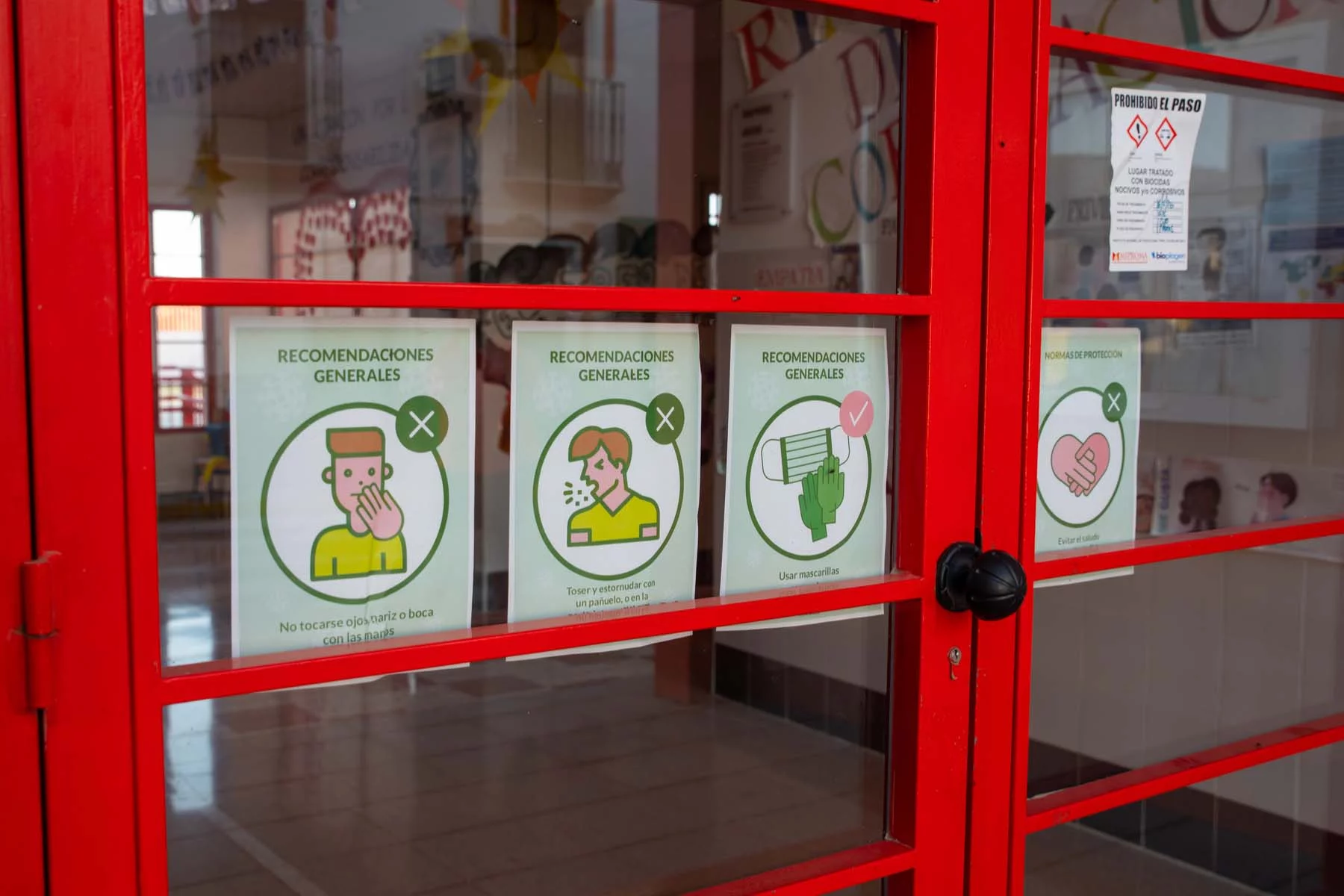
Studies suggest Spanish teachers and students embraced e-learning in an unprecedented way. However, in-person learning resumed in many educational institutions from summer 2020 onwards. That is, with the inclusion of protocols such as social distancing, masks, hand hygiene, and ramped-up cleaning. Most students returned to classrooms in September 2020, with health measures still in place. In-person learning has now resumed across the board. Some health protocols remain in place, but again, they are highly localized and are likely to be phased out during 2022.
COVID-19 support for vulnerable people in Spain
Various NGOs are helping vulnerable groups such as the elderly, people with chronic diseases, and those with disabilities during the pandemic. They include Ayuda en Acción, the Spanish Red Cross, and Carritas Española. Spain’s social services are still under immense pressure, but you may find some of the following resources useful:
- Spanish Red Cross information on staying safe and volunteers to bring medicine and food
- State helplines
- Community groups
